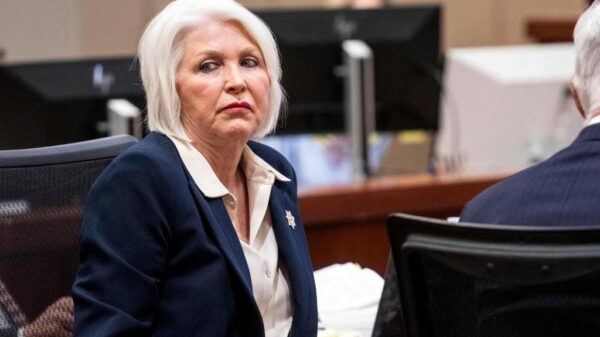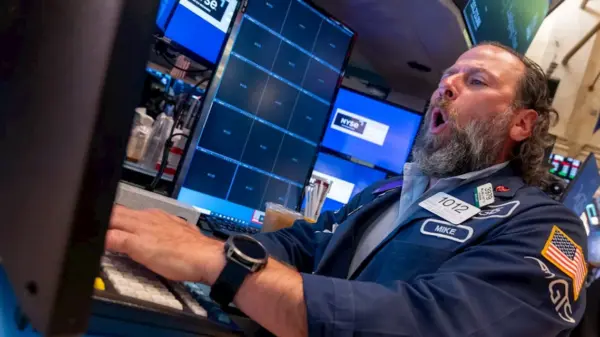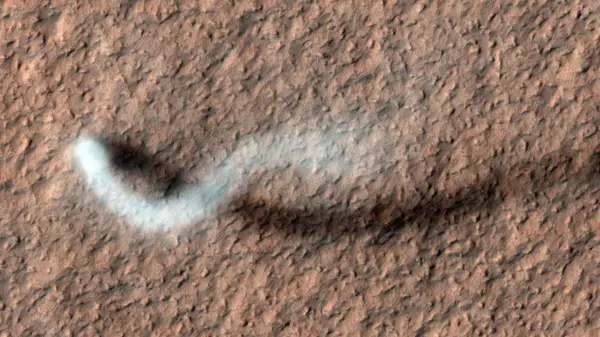Last week, the American-Israeli startup Stardust announced it had secured $60 million in funding, marking the largest known venture capital investment for a solar geoengineering initiative. The company claims its proprietary technology could significantly reduce global temperatures, with plans for deployment by the start of the next decade, as reported by Heatmap.
Concerns about the implications of private sector involvement in solar geoengineering are growing. Notably, David Keith, a professor of geophysical sciences at the University of Chicago, and Daniele Visioni, an assistant professor of earth and atmospheric sciences at Cornell University, have voiced their apprehensions regarding the commercialization of climate-altering technologies. They argue that rushing into private solutions may undermine scientific integrity and erode public trust.
Keith and Visioni further challenge some of the technical assertions made by startups in this emerging field, emphasizing the necessity for thorough scientific evaluation before any deployment. Their commentary is part of MIT Technology Review‘s guest opinion series, titled “Heat Exchange,” which addresses critical issues related to climate change and clean energy.
In a lighter vein, the animated sitcom The Simpsons has gained attention for its surprising accuracy in predicting future events. Internet discussions claim the show has made anywhere from 17 to 55 successful predictions. Notable instances include the portrayal of Donald Trump as President of the United States, which aired a staggering 17 years prior to his inauguration, and a 1993 episode that featured a fictional pandemic eerily similar to the recent coronavirus crisis.
Al Jean, the show’s longest-serving showrunner, has reflected on the conspiracy theories surrounding these instances. His insights contribute to MIT Technology Review‘s series “The New Conspiracy Age,” which explores how current conspiracy theories are influencing science and technology.
In a separate but equally concerning development, some therapists have begun to integrate ChatGPT into their practice without full disclosure to clients. A patient named Declan discovered this when his therapist inadvertently shared their screen, revealing a real-time analysis of his session by the AI. This has raised significant questions regarding client trust and the ethical implications of using AI in therapeutic settings.
The technological landscape continues to evolve rapidly, with significant developments emerging almost daily.
In other news, Amazon has initiated legal action against Perplexity, alleging computer fraud related to its Comet AI agent. This lawsuit claims that Perplexity did not adequately inform users when Comet was shopping on their behalf. In response, Perplexity has accused Amazon of bullying tactics.
In political developments, Jared Isaacman, a billionaire entrepreneur, has been nominated by Donald Trump to lead NASA, just five months after his previous nomination was withdrawn. This nomination comes amid a period of significant changes within the agency.
The digital currency space is also facing scrutiny. With political debates surrounding the potential of a digital dollar intensifying, some lawmakers are labeling it as a tool for surveillance, creating skepticism about its future viability.
As the technology sector continues to advance, it brings both exciting innovations and complex ethical challenges that society must navigate.



































































